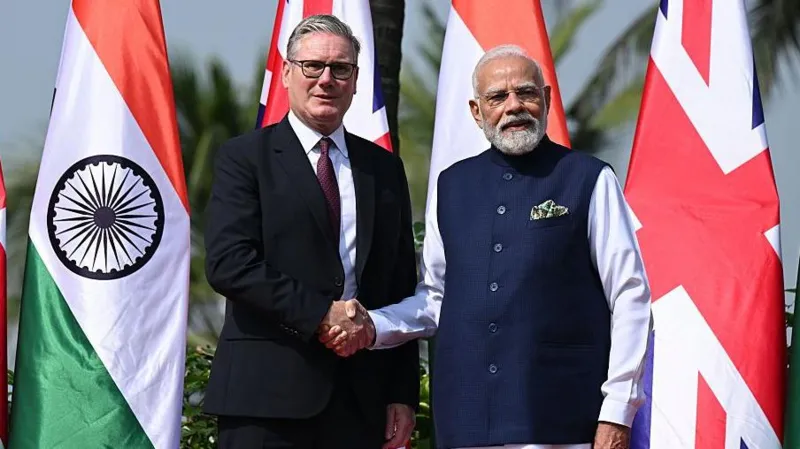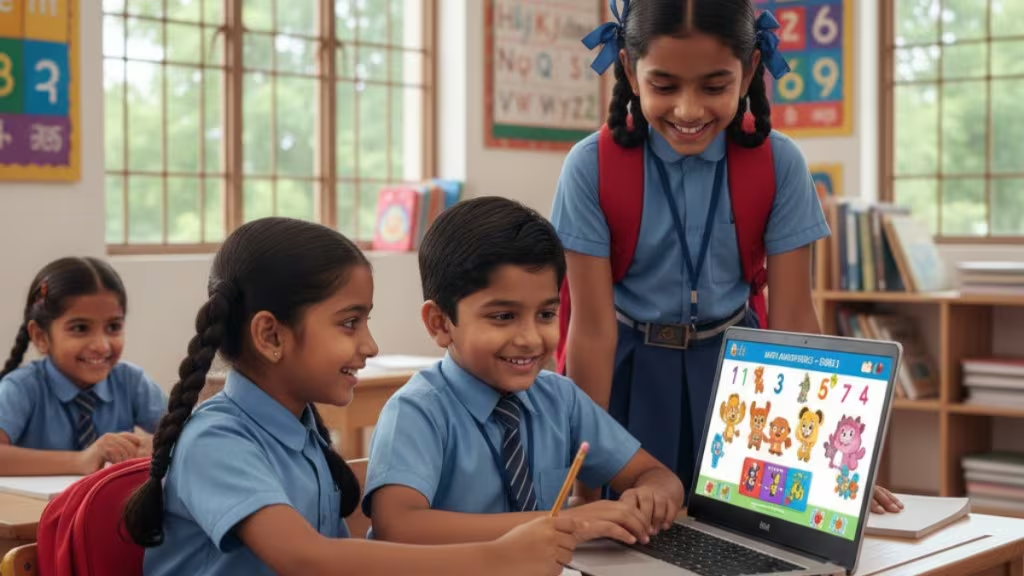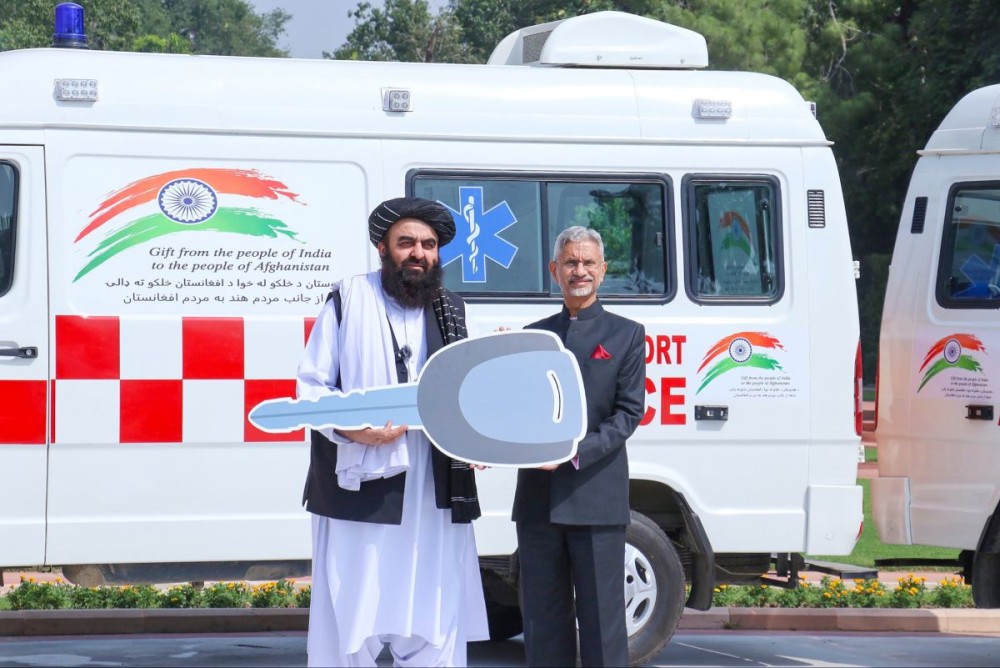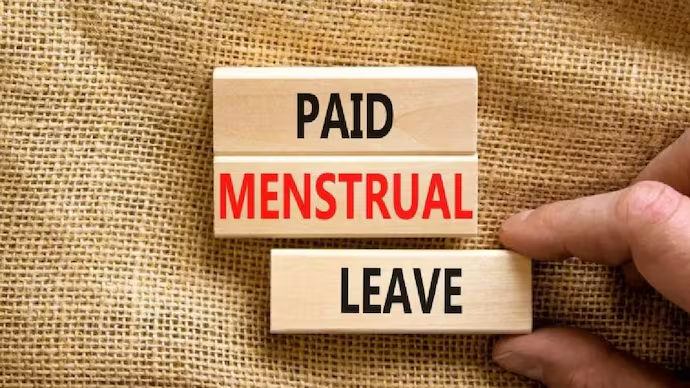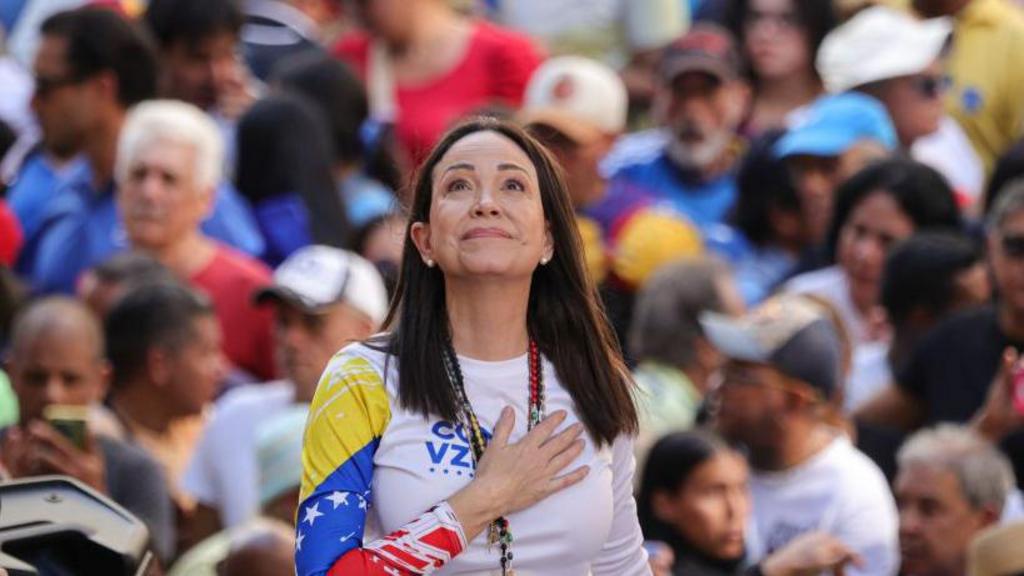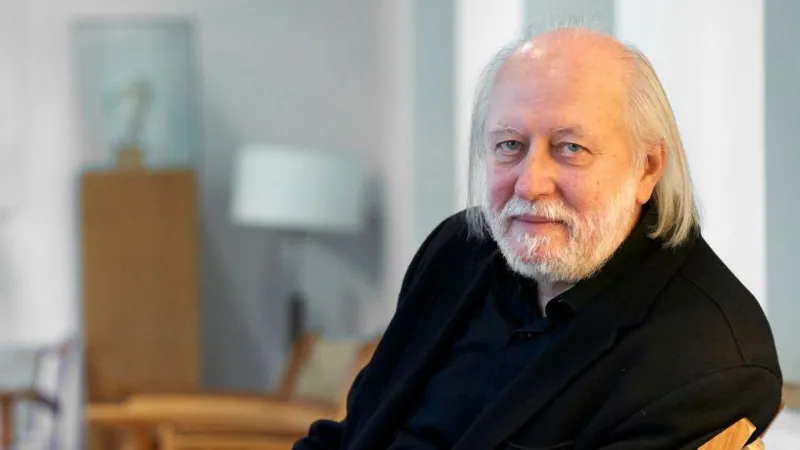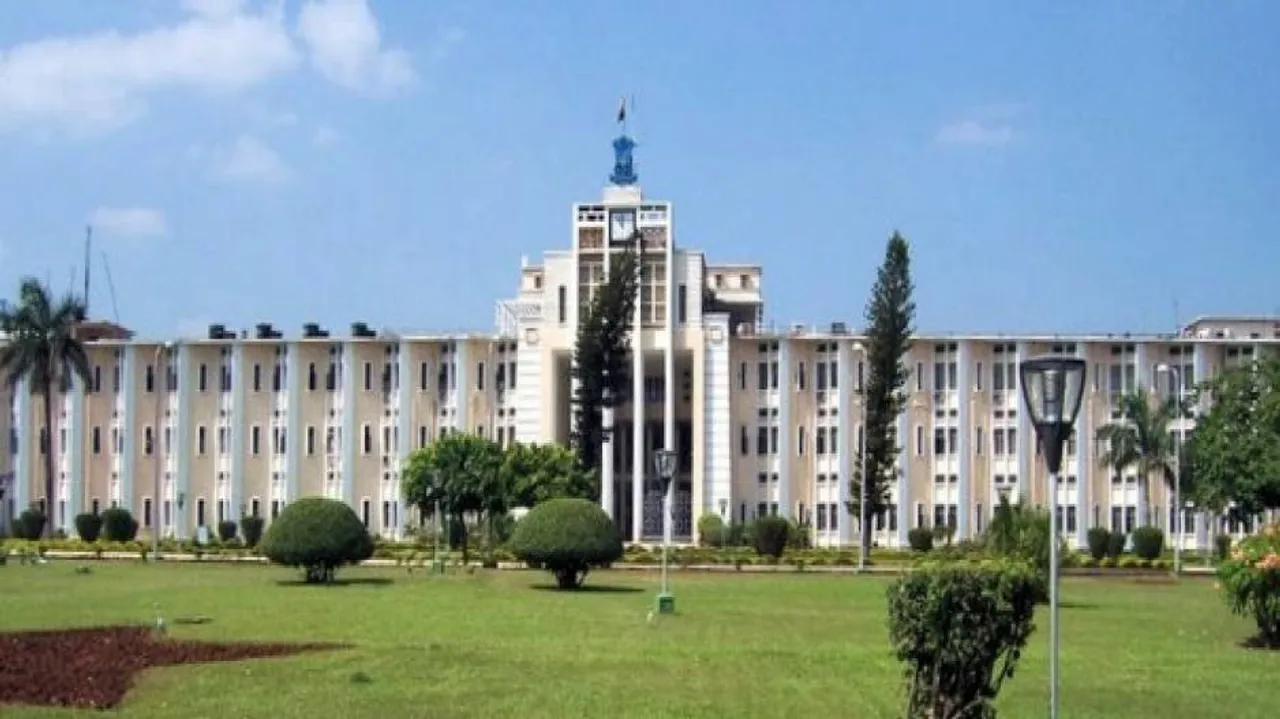United Kingdom Prime Minister Sir Keir Starmer met Prime Minister Narendra Modi on Thursday during his first official visit to India, marking a significant step forward in bilateral relations between the two nations. The meeting took place in Mumbai, where Starmer is leading a two-day trade mission accompanied by the largest-ever UK delegation — comprising over 100 CEOs, entrepreneurs, university vice-chancellors, and cultural leaders.
Strengthening India-UK Trade and Cooperation
The visit follows the landmark Free Trade Agreement (FTA) signed between India and the UK in July 2025, which is projected to add £4.8 billion annually to the UK’s GDP and boost bilateral trade by £25.5 billion by 2040.
PM Modi hailed the visit as “historic”, emphasizing that both sides are committed to expanding trade, technology, and cultural cooperation. Starmer echoed the sentiment, saying the visit was a “launchpad for growth”, noting that India’s economy is poised to become the third largest in the world by 2028.
Under the new FTA, India’s average tariffs on UK products will drop from 15% to 3%, while the UK will reduce import duties on Indian textiles, jewellery, footwear, seafood, and other exports.
Focus on Global Peace and Security
The two leaders also discussed key global issues, including the Ukraine conflict and Indo-Pacific stability.
Starmer said, “The Prime Minister and I discussed the need for a just and lasting peace in Ukraine, stability in the Indo-Pacific, and cooperation in climate and energy — including breaking away from dependence on fossil fuels.”
While India continues to maintain energy ties with Russia, PM Modi reiterated that dialogue and diplomacy remain the best paths to resolve the Ukraine war.
Educational Expansion and Digital Innovation
On Thursday, Starmer announced that more UK universities will be opening campuses in India — a move expected to contribute £50 million to the UK economy. The University of Lancaster and University of Surrey are among those approved to set up campuses, joining the University of York, University of Aberdeen, and Queen’s University Belfast, which plan to open next year.
He said, “I’m delighted that more Indian students will gain access to a world-class British education, strengthening our partnership while supporting jobs and growth back home.”
Earlier in the day, Starmer met Nandan Nilekani, the architect of India’s Aadhaar digital ID system, amid the UK government’s plan to introduce a digital ID framework for workers.
Human Rights and Diplomatic Concerns
The issue of Jagtar Singh Johal, a British citizen detained in India for seven years without conviction, was also raised. Starmer stated that his government is addressing the case “at every level” to ensure due process.
Future of India-UK Relations
The UK-India trade partnership has already created 7,000 new jobs and attracted £1 billion in investments in the UK. Before his visit, Starmer clarified that the UK would not relax visa rules for India but highlighted “massive opportunities” to enhance trade, education, and cultural exchange.
Amid ongoing US-India tensions following President Donald Trump’s tariffs on Indian imports, experts believe Starmer’s India visit could further solidify the UK’s role as a key global ally for New Delhi.


